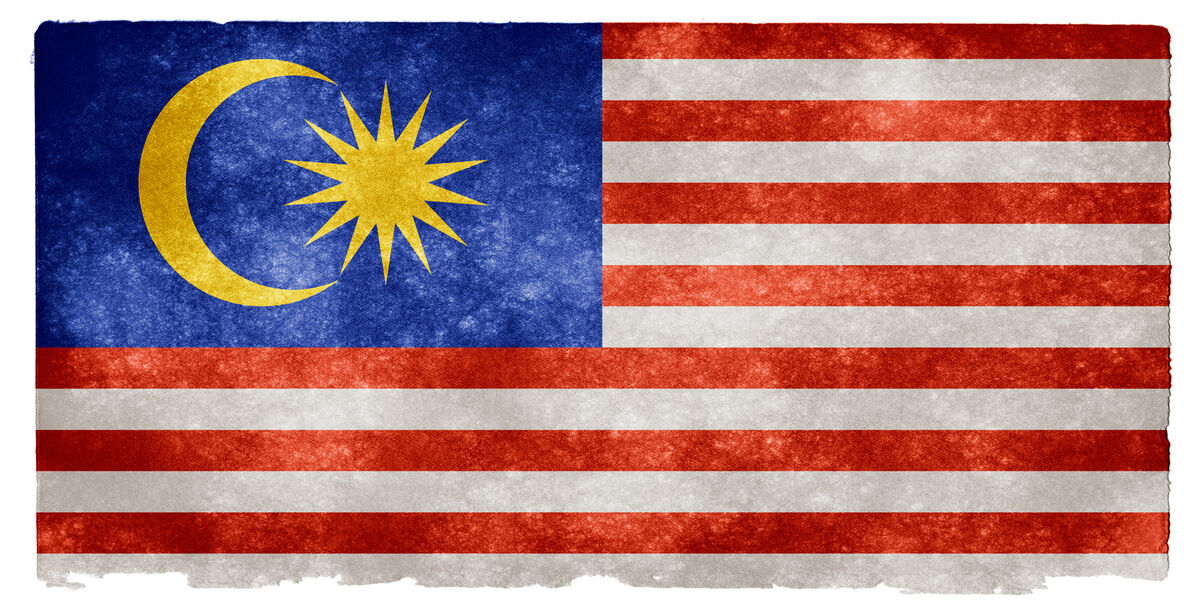A regional government in Malaysia is slated to begin offering courses in 2018 designed to “cure” transgender women of their gender identities.
The state of Terengganu announced this weekend that trans people in the eastern coastal territory would have the option of enrolling in a voluntary conversion therapy program, one that will include experts in psychology, medicine, and religion as part of its curriculum.
“Transgender women are part of our society,” Ghazali Taib, a member of the Terengganu executive council, told Agence Presse-France. “They are our responsibility. […] At the end, it is up to them to make a choice. The government’s concept is not [to] force. [We] give them a path to make the best choices for their lives.”
Also known as “reparative therapy,” the practice of treating LGBTQ identity as a curable psychological condition has been condemned by every leading medical association in the United States. It has frequently been likened to torture.
Taib claims that the course will include testimonials from trans women who found success in similar programs and have “returned to normal lives.”
Local LGBTQ organizations lambasted the statement as ill-informed and dangerous.
“If you ask someone not to be themselves that will have an adverse impact on the health and wellbeing of the person,” Thilaga Sulathireh, co-founder of the trans advocacy group Justice for Sisters, told AFP.
“Corrective therapy violates everyone’s rights in so many ways,” claimed activist Nisha Ayub in an interview with the French press corps.
“[W]e the community are not the problem, but it’s the system that they created that causes the problems to the community,” she said in a public statement posted to Facebook. “This is not the matter of religion, but it’s a matter of being inclusive towards your citizens from different diverse backgrounds towards the developments, health and economical point of view.’
Ayub added that the program would “create more harm to the community.”
A 2014 estimate suggested there are at least 24,000 transgender people currently living in Malaysia, a Muslim-majority nation of more than 31 million residents.
LGBTQ people face extreme obstacles in the religiously orthodox country where 80 percent of the population believes same-sex activity is unacceptable. Homosexuality is illegal, punishable by a sentence of up to 20 years in prison. The prohibition of “cross-dressing” under Shariah law was successfully struck down in a groundbreaking court ruling three years agobut that verdict was overturned on appeal.
This week’s announcement isn’t the country’s first controversy over conversion therapy. Health ministers in Malaysia announced a contest in June 2017 inviting citizens to submit videos suggesting ways to “prevent, control, and seek help” for “gender identity disorder.”
The reward was a cash prize of $935.
Don't forget to share:
Help make sure LGBTQ+ stories are being told...
We can't rely on mainstream media to tell our stories. That's why we don't lock our articles behind a paywall. Will you support our mission with a contribution today?
Cancel anytime · Proudly LGBTQ+ owned and operated
Read More in Impact
The Latest on INTO
Subscribe to get a twice-weekly dose of queer news, updates, and insights from the INTO team.
in Your Inbox













